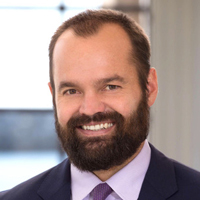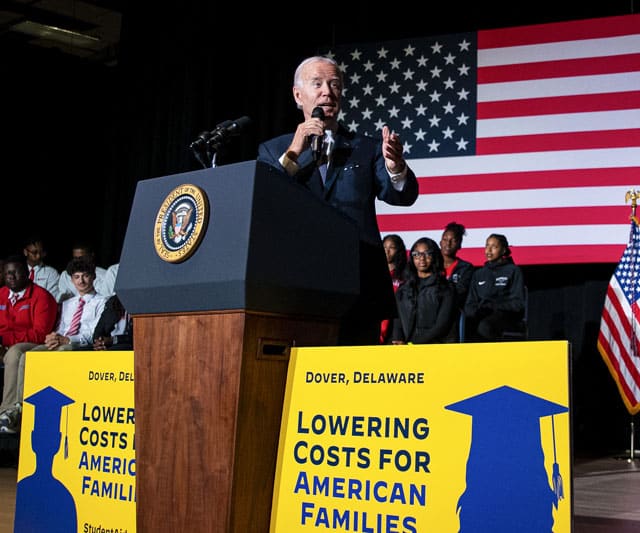
Lazy. Entitled. Difficult to manage. That’s what I hear and read about managing millennial employees. And even if there is some truth to that, actually motivating your millennial employees is not about cookies and Ping-pong tables.
That mindset may exist for millennials in the absence of good pay, a company with vision, and a pathway to success. After all, this generation has seen very little wage growth, massive student loan debt, The Financial Crisis, a pandemic. They’ve delayed home ownership and moving out of their parents’ houses. They’ve coupled later. So comforts at work would be nice. (And if you want to read about it in detail, I highly suggest that you check out this article.)
But there is hope for the financial advice industry because of the purpose that comes with helping individuals with their financial and investment needs. And the ability to provide career growth compounds to make financial services a great home for millennials.
Here’s how you can communicate that opportunity and motivate your millennial employees.
Empathy
When we hear empathy, this may conjure ideas of being empathetic to the millennial, but that’s not it. It’s about being empathetic to clients. Financial stress is one of the leading causes of divorce and suicide. Compound that with the fact that most clients don’t have very high financial literacy. Plus they went through the financial crisis and have significant distrust. So when clients go to find an advisor, it becomes incredibly hard to determine who is a good advisor for them, even if they talk to a friend or CPA or happen to stumble upon NAPFA, Fee Only Network, or investor.com. These people need our help.
“… motivating your millennial employees is not about cookies and Ping-pong tables.”
Purpose
Being grounded in the knowledge that people are in deep need of financial advice highlights the purpose of every individual on the team. No matter if they’re an advisor, operations person, financial planner, portfolio manager, compliance analyst or in any other role, they’ll know that helping people with their finances and investments plays a crucial role in the wellbeing of society.
Process and Responsibility
As you start to talk to your team about their responsibility to help clients, this is where you can start to uncover what they do. I’d recommend asking your employees first about what they think they need to help these people the most. Your role then is less about dictating to them what they need to do, but more about shaping their idea based on strategy, goals, and experience and making sure your growing firm has the processes to be successful.
Accountability
A surprising motivator. But holding your employees accountable is what actually drives growth, integrity and improvement. And while it’s uncomfortable, as long as it’s reasonable, accountability can increase the reliability of the team.
Specific Positive Compliments
Duke’s Dan Ariely’s writes about how giving your employees compliments is one of the biggest motivators (edged out only by pizza). But it’s more than saying ‘good job’ — it’s about that specific compliment like: “The way you told a story about the other time you helped a client set up a charitable remainder trust really connected with the client. I like how you’re communicating better with them.”
Vision, Pathways and Achievable Goals
If your millennial employees are grounded in purpose and know what to do, what will that add up to after years of work?
What will your firm look like? This can and should go well beyond AUM and pay. What services will you provide your clients to improve? What people will you bring to the team? How will your team play a driving role and benefit?
Defining this is about how you keep your employees motivated for the long haul.
Making Better Leadership
If this sounds like a lot of work, it is. But it’s worth it — and not just for your millennial employees. This may also help you be a better leader yourself, help you better understand your business, and add meaning to your work.
Breene Murphy is the vice president of strategy and marketing at Carbon Collective. He is also on the Forbes Communication Council, the advisory board for the University of California, Irvine’s Customer Experience Certificate Program, and the advisory board for USC’s Wrigley Institute for Environmental Studies.







